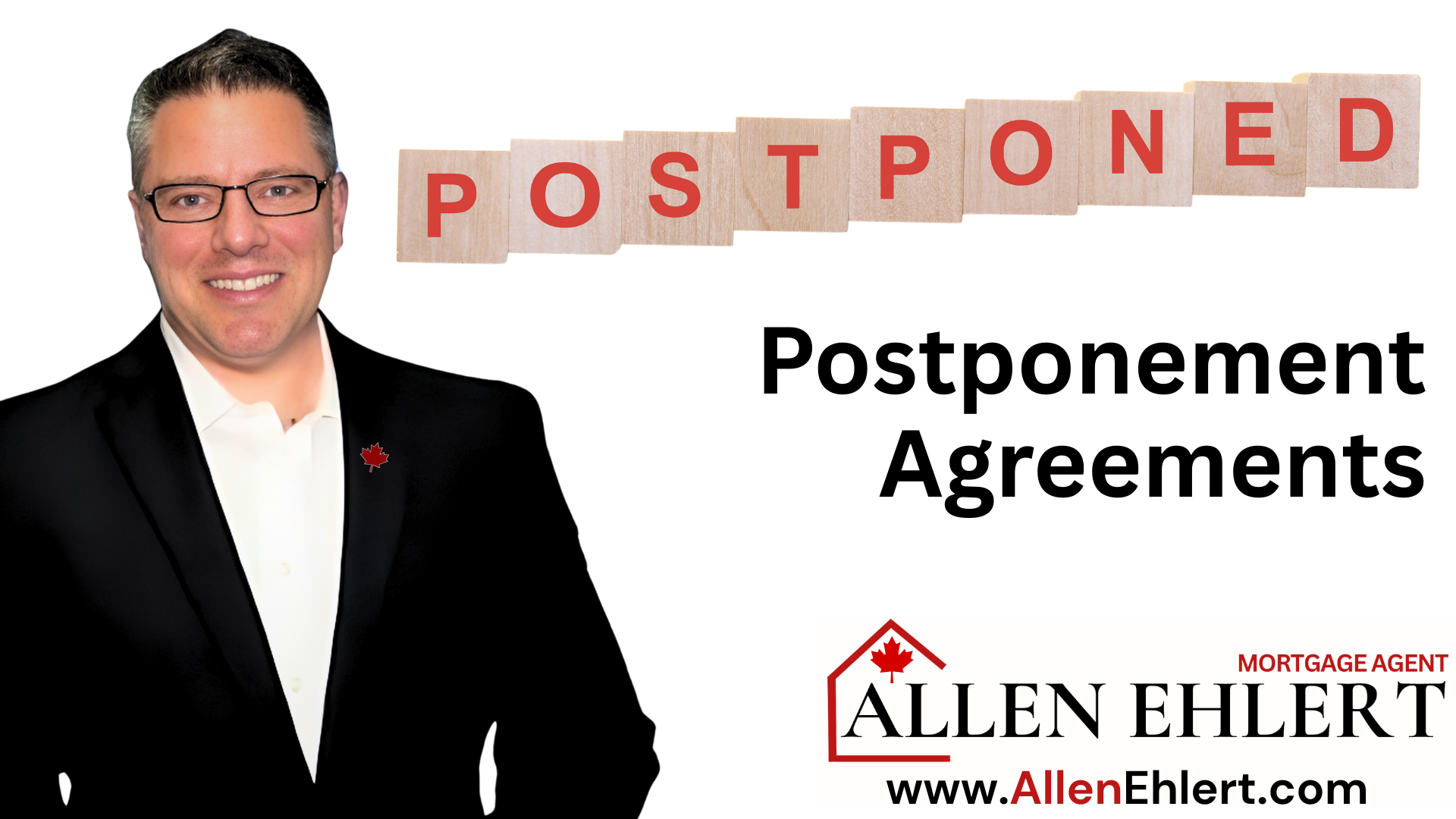As a licensed mortgage agent and dedicated real estate financing expert, I work hard to connect clients with lenders that not only understand their unique situations but also go the extra mile to make deals work. One such lender that you may not have heard of yet—but absolutely should—is Aspire. Backed by a team that prioritizes flexibility and common-sense underwriting, Aspire is changing the way we think about residential lending in Ontario.
What Kind of Lender Is Aspire, and What Does That Mean for You?
Three Powerful Reasons to Consider Aspire
Who Is the Ideal Aspire Client?
Who Is Aspire?
Aspire is a forward-thinking residential mortgage lender operating exclusively in Ontario. While they may not be a household name—yet—they bring a refreshingly personalized and pragmatic approach to mortgage lending. Aspire offers both prime and alternative mortgage products under its “Aspire” and “Aspire Advantage” programs, with a strong commitment to providing lending solutions for clients who might not fit into the traditional lending box.
Aspire is a “common sense” lender. That means rather than relying solely on automated systems and rigid guidelines, they look at the story behind each application. They understand that real-life situations often require flexibility, whether it’s due to credit blips, income variability, or unique property types.
What Kind of Lender Is Aspire, and What Does That Mean for You?
Aspire falls under the category of a non-bank alternative lender. This means they’re not constrained by the same regulatory framework or credit risk policies that govern large banks and credit unions. As a result, they can offer:
- Higher tolerance for unique credit scenarios
- Flexible income qualification, including bank statement and BFS (business-for-self) programs
- Willingness to lend in smaller communities, even populations as low as 5,000
For borrowers who fall just short of traditional lender criteria—or who need to work with a lender who sees the bigger picture—Aspire is a breath of fresh air.
Three Powerful Reasons to Consider Aspire
When it comes to real estate financing, finding a lender who understands the complexities of your financial situation—and is willing to work with you rather than against you—can make all the difference. Aspire stands out by offering three powerful advantages that directly address the challenges many borrowers face today. From flexible income qualification options and a wide appetite for unique property types to an efficient, relationship-driven underwriting process, Aspire brings a refreshing and practical approach to lending. Here’s how they deliver exceptional value where other lenders might say no.
- Flexible Qualification Options for Complex Income
- Efficient, Human-Centric Underwriting
- Property Flexibility: Rural, Rental, Airbnb, and More
Flexible Qualification Options for Complex Income
Aspire excels at qualifying borrowers with mixed or non-traditional income sources. Whether you’re a contract worker, recently self-employed, or have strong business banking activity, Aspire takes a “make-sense” approach. They’ll review 6 to 12 months of bank statements and assess continuity and strength of earnings—rather than just rejecting applicants based on conventional criteria.
Property Flexibility: Rural, Rental, Airbnb, and More
Aspire has a clear appetite for properties in smaller towns, rural areas, and mixed-use settings—locations that many lenders shy away from. Their programs allow for rentals (up to 70–80% LTV depending on the area), short-term Airbnb income, student rentals, and even boarding houses. They don’t penalize for owning multiple properties and won’t ask for every single lease or mortgage statement on large portfolios.
Efficient, Human-Centric Underwriting
Their underwriters pick up the phone, answer emails quickly, and proactively communicate. Aspire encourages clear submission notes and contact info with each file to minimize delays. This collaborative approach means fewer surprises at funding and a smoother experience from submission to close.
Who Is the Ideal Aspire Client?
Aspire is a great fit for borrowers who are:
- Self-employed or earn non-traditional income (e.g., gig workers, contractors, consultants)
- Looking to finance rural, rental, or unconventional properties
- Recently recovered from a credit event (e.g., collections, late payments)
- Real estate investors or landlords with multiple doors
- Transitioning to full-time entrepreneurship
If a client’s profile doesn’t quite meet the rigid matrix of a Schedule A bank, Aspire offers an intelligent and flexible path forward.
What Sets Aspire Apart?
Aspire stands out because they understand real life. Unlike lenders who see only numbers, Aspire sees people—and possibilities. Their balance of risk management and human judgment allows them to structure solutions that serve clients at various life stages and income profiles. They don’t just look at credit scores—they consider context.
More than that, Aspire isn’t afraid to innovate. Whether it’s offering 40-year amortizations, unique rental add-back methods, or working with Airbnb hosts, Aspire continually evolves to meet market demands while maintaining solid underwriting principles.
My Final Thoughts
Introducing a lesser-known lender like Aspire can sometimes raise questions—but it’s my role to ensure you’re introduced to lenders who offer value, flexibility, and results. Aspire is one of those lenders. With competitive rates, investor-friendly products, and a people-first underwriting philosophy, Aspire is making a name for itself—and I’m proud to introduce them to my clients.
If you’re exploring financing and want a lender who listens and adapts to your needs, Aspire is a name you’ll want to remember. Let’s talk about whether they’re the right fit for your next real estate move.
For tailored advice or to see if Aspire is right for your situation, don’t hesitate to reach out to me directly at 905-441-0770 or allen@allenehlert.com.












